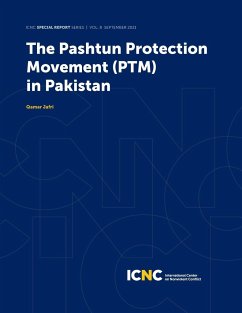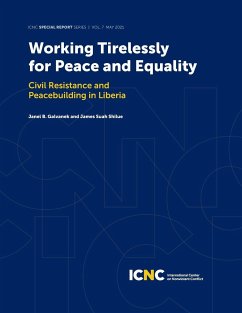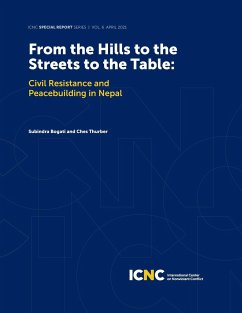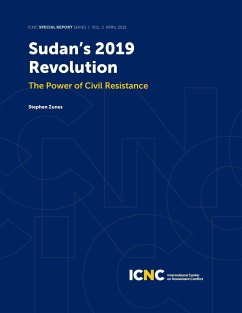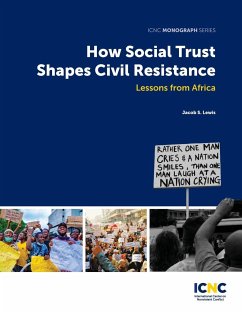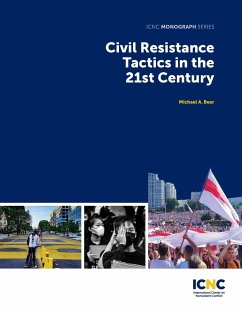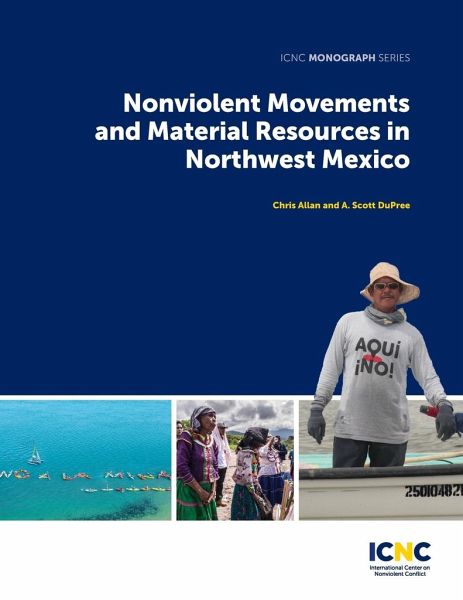
Nonviolent Movements and Material Resources in Northwest Mexico

PAYBACK Punkte
11 °P sammeln!
Nonviolent resistance movements operate with few resources and nearly no money. Yet these movements thrive and often succeed. The little external funding for civil society that is available rarely reaches the grassroots groups that are the backbone of these movements. How do they get the material resources they need? This study highlights strategies that are being used effectively by nonviolent movements to mobilize the resources they need to galvanize participation in movement actions and influence both the public and policymakers. Based on the experience of three campaigns in Northwest Mexic...
Nonviolent resistance movements operate with few resources and nearly no money. Yet these movements thrive and often succeed. The little external funding for civil society that is available rarely reaches the grassroots groups that are the backbone of these movements. How do they get the material resources they need? This study highlights strategies that are being used effectively by nonviolent movements to mobilize the resources they need to galvanize participation in movement actions and influence both the public and policymakers. Based on the experience of three campaigns in Northwest Mexico over two decades, the research finds that material resources are often mobilized internally in a decentralized way, driven by effective strategic planning and actions. We discuss the strategic choices nonviolent movements make to mobilize resources and how they direct them as situations change, and how outside supporters can provide resources in a constructive way.






